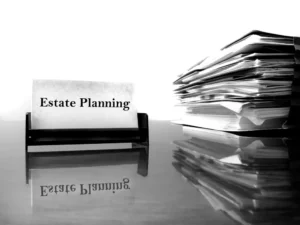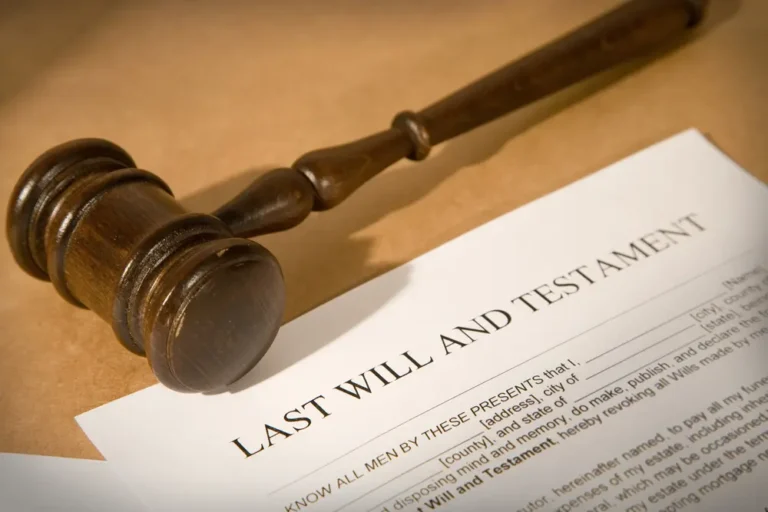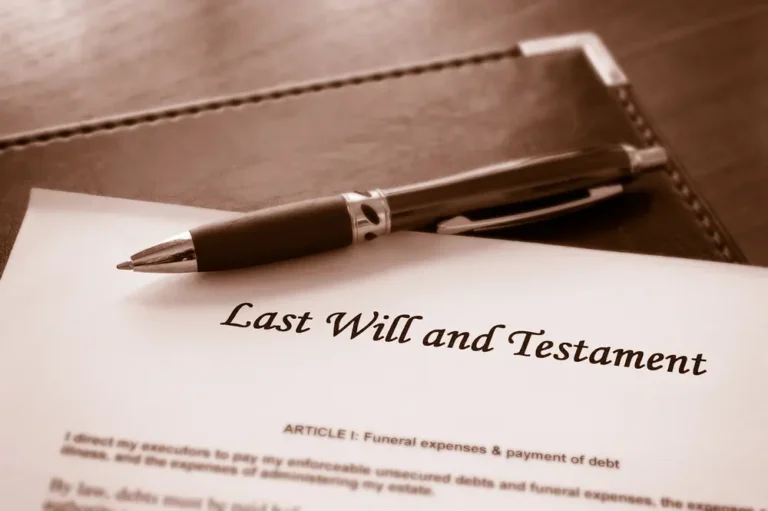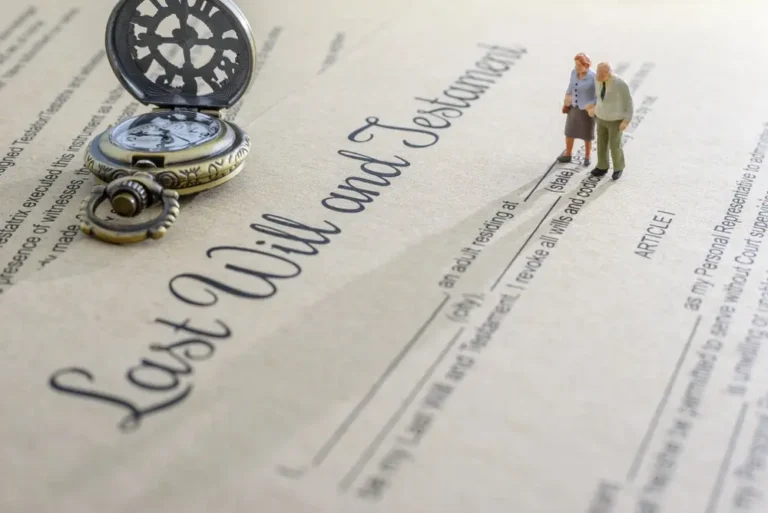10 Common Estate Planning Myths~3 min read
Estate planning is an essential aspect of financial preparedness that often suffers from myths and misconceptions. These misunderstandings can lead to poor decisions or neglect of important planning. Knowledge of the myths will help you gain a clearer understanding of this critical financial and legal process.

1. Estate Planning Is Only for the Wealthy
Many people believe estate planning is only necessary for the wealthy. In reality, estate planning is about protecting your assets, ensuring your wishes are followed, and providing for your loved ones. It’s relevant for individuals of all income levels.
2. Estate Planning Is Only About Making a Will
While creating a will is a crucial part of estate planning, it’s not the entire process. Estate planning also includes strategies for minimizing taxes, healthcare directives, naming guardians for minor children, and more.
3. Estate Planning Is Only for the Elderly
Estate planning is not just for the elderly. It’s for anyone who wants to protect their assets and ensure their wishes are carried out. The earlier you start, the more comprehensive and effective your estate plan can be.
4. Once I Have an Estate Plan, I’m Done
Estate planning is not a one-time task. Life changes, and your plan should evolve with it. Major life events such as marriage, divorce, the birth of children, or changes in financial status should prompt you to review and update your plan.
5. Estate Planning Is Only About Avoiding Estate Taxes
While estate planning can help minimize estate taxes in some cases, it’s not the primary goal for most people. Estate planning primarily focuses on ensuring your assets are distributed according to your wishes and protecting your loved ones.
6. I Can Do My Own Estate Planning
While there are DIY resources available, estate planning is a complex legal and financial matter. Consult with an experienced estate planning attorney to ensure your plan complies with the law and meets your specific needs.
7. I Don’t Need an Estate Plan Because I’m Single
Being single doesn’t mean you don’t need an estate plan. You may still have assets, healthcare preferences, and wishes for your legacy. An estate plan can ensure these are addressed.
8. I Can Leave Everything to My Spouse, and They Can Handle It
While leaving everything to your spouse may seem convenient, it might not be the best approach. Proper estate planning can help protect your assets and ensure your wishes are carried out, even if both spouses pass away simultaneously.
9. My Family Will Know What to Do Without an Estate Plan
Assuming your family will know your wishes can lead to confusion and disputes. An estate plan provides clear instructions, reducing the potential for conflict among your loved ones.
10. Estate Planning Is Only About Money and Assets
Estate planning encompasses more than just financial matters. It includes healthcare directives, guardianship for minor children, and preserving your values and legacy.
Estate planning is a vital part of responsible financial management and ensuring your loved ones are cared for. Dispelling these common myths about estate planning can help you make informed decisions and avoid potential pitfalls. To create a robust and personalized estate plan tailored to your unique needs, consult with an experienced estate planning attorney. With professional guidance, you can secure your legacy, protect your loved ones, and ensure your wishes are honored.
Contact Springer & Lyle
If you have questions or need additional information regarding estate planning, contact Daniel Abasolo at 940.387.0404 to schedule a consultation. Our office is located at 1807 Westminster, Denton, Tx 76205.










